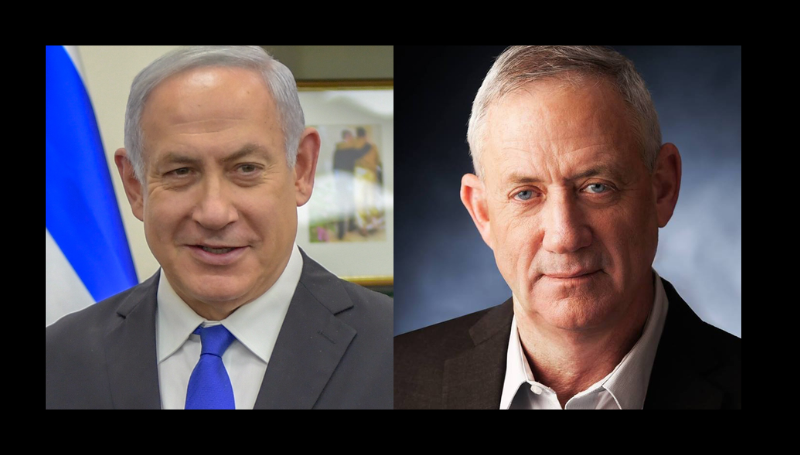Walter Russell Mead
WSJ, Apr. 15, 2024
“What the president appears not yet to understand is that Iran has become so powerful, and America’s reputation as a source of sound policy and reliable support so weak, that only resolute American backing of our allies can turn the tide.”
“Take the win,” President Biden reportedly advised Prime Minister Benjamin Netanyahu after Iran’s unprecedented missile and drone attacks against Israel sputtered shambolically to an ignominious end.
As the world waits on tenterhooks for Israel’s response, two things seem clear. It would be political suicide for Mr. Netanyahu to take the president’s advice, and it would be national suicide for any Israeli prime minister to do so. Mr. Biden is primarily worried about his re-election, a cause he conveniently if sincerely conflates with the survival of democracy in the U.S. and of freedom in the world. Israel is worried about something more tangible—the survival of the world’s only Jewish state.
Mr. Biden is a lot smarter about the Middle East today than he was in January 2021, when he was still spouting inanities about isolating Saudi Arabia and pursuing the will o’ the wisp of détente with Iran. Today the president understands that he can’t simply shake hands with Iran and walk away from the Middle East. If the U.S. hopes to step back from a front-line role in the region, it must foster an alliance that can check Iran’s unrelenting and fanatical drive for hegemony. That is why Team Biden dramatically reversed its early policy of making Saudi Arabia a “pariah” and, borrowing some of the core concepts of Donald Trump’s Abraham Accords, made the promotion of an Israel-Saudi alliance a cornerstone of its regional strategy.
This was an intelligent move, as far as it went. Until and unless Iran’s insatiable ambitions can be curbed, nothing but tumult and terrorism awaits the weary people of a region whose fossil fuel riches remain critical to the smooth functioning of the world economy. From an American point of view, assembling a group of American allies to take our place on the front lines at a time when we need to focus more closely on the Indo-Pacific is common sense.
What the president appears not yet to understand is that Iran has become so powerful, and America’s reputation as a source of sound policy and reliable support so weak, that only resolute American backing of our allies can turn the tide. This problem has been decades in the making. George W. Bush’s mismanagement in Iraq removed the one regional power capable of containing Iran on its own—without building an effective replacement. Barack Obama’s feckless Syria policy gave Iran and its new best friend, Russia, a commanding position in the heart of the Middle East. Mr. Trump’s support for the Abraham Accords and tough policies toward Iran pointed in the right direction, but were mostly a case of too little, too late, and too erratic. Mr. Biden’s support for Israel is appreciated in Arab capitals as well as in Jerusalem, but his vacillations with Iran have further strengthened the ayatollahs and undercut America’s much-diminished prestige.
… [To read the full article, click here]


